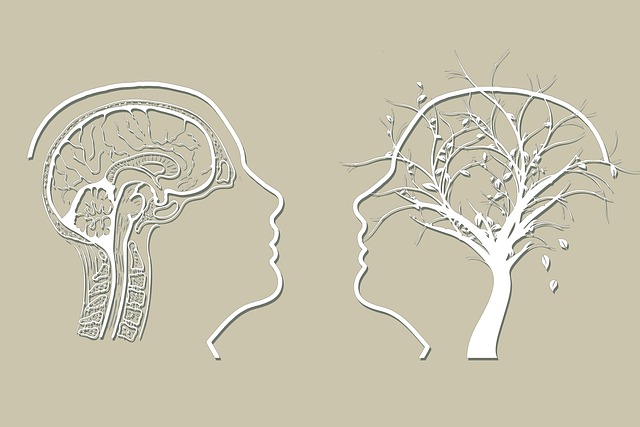The stigma around mental illness creates barriers to care, pushing many into silence and isolation. Denver Play Therapy offers a unique, child-centered approach using play as therapy to combat this stigma. By providing safe spaces for emotional expression, integrated stress management techniques, and community education, Denver Play Therapy promotes early intervention, resilience, and accessibility to mental health care.
Mental illness stigma remains a pervasive challenge, hindering individuals from seeking necessary support. This article delves into strategies to reduce this barrier, exploring both societal and therapeutic perspectives. We begin by dissecting the challenges and barriers of mental health stigma in society, followed by an in-depth look at Denver Play Therapy—a unique approach centered on fostering empathy and understanding through play. Additionally, we offer practical strategies for reducing mental health stigma in everyday life.
- Understanding Mental Illness Stigma: Challenges and Barriers in Society
- Denver Play Therapy: A Unique Approach to Combating Stigma
- Effective Strategies for Reducing Mental Health Stigma in Everyday Life
Understanding Mental Illness Stigma: Challenges and Barriers in Society

Stigma surrounding mental illness remains a significant challenge, often hindering individuals from seeking necessary support and treatment. This societal barrier is rooted in misunderstandings, misconceptions, and fear, which collectively create an environment where those suffering in silence may feel ashamed to advocate for their well-being. In Denver, play therapy has emerged as a powerful tool to bridge this gap, offering creative and non-threatening approaches to mental health care, especially for children. By providing safe spaces where play is encouraged, therapists facilitate open communication, helping young minds express emotions and work through challenges.
The impact of stigma on mental illness recovery cannot be overstated, leading many to internalize their struggles and avoid professional help. This hidden crisis demands a comprehensive Mental Health Policy Analysis and Advocacy approach to address systemic barriers. By implementing effective burnout prevention strategies for healthcare providers, we can ensure that those in need receive compassionate, stigma-free care. Stress management techniques, integrated into treatment plans, further empower individuals to take control of their mental health, fostering resilience and encouraging early intervention.
Denver Play Therapy: A Unique Approach to Combating Stigma

Denver Play Therapy offers a unique approach to combat mental illness stigma by providing an engaging and child-centered treatment method. This innovative therapy utilizes play as a means to help children express their emotions, process traumatic experiences, and develop essential emotional intelligence skills. By creating a safe and nurturing environment, Denver Play Therapy goes beyond traditional talk therapy, enabling young clients to naturally explore and understand their feelings.
Through various creative activities, children can symbolically represent and work through challenging situations, fostering self-awareness and resilience. This holistic approach not only addresses the symptoms of mental health issues but also promotes overall well-being. By engaging in play therapy, kids gain valuable tools for mood management and trauma support services, ultimately reducing the stigma associated with seeking help for emotional struggles.
Effective Strategies for Reducing Mental Health Stigma in Everyday Life

Reducing mental health stigma starts with understanding and empathy. Simple acts like using person-first language, actively listening without judgment, and normalizing conversations about mental well-being can go a long way in creating a supportive environment. Organizations like Denver Play Therapy offer creative approaches to therapy, making mental health care accessible and less intimidating for all ages.
Beyond individual efforts, communities can foster stigma reduction through education. Workshops focused on stress management, self-esteem improvement, and conflict resolution techniques equip individuals with coping mechanisms and promote resilience. These initiatives, coupled with media representation that showcases diverse mental health experiences, contribute to a more inclusive and supportive society where everyone feels comfortable seeking help when needed.
Mental illness stigma remains a significant challenge, but with innovative approaches like Denver Play Therapy and effective strategies, we can make substantial progress. By fostering understanding and empathy through unique therapeutic methods and everyday interactions, we can create a more inclusive society that supports mental health awareness. Efforts to reduce stigma are crucial for ensuring those struggling with mental health issues receive the help they need without fear of judgment or discrimination.














